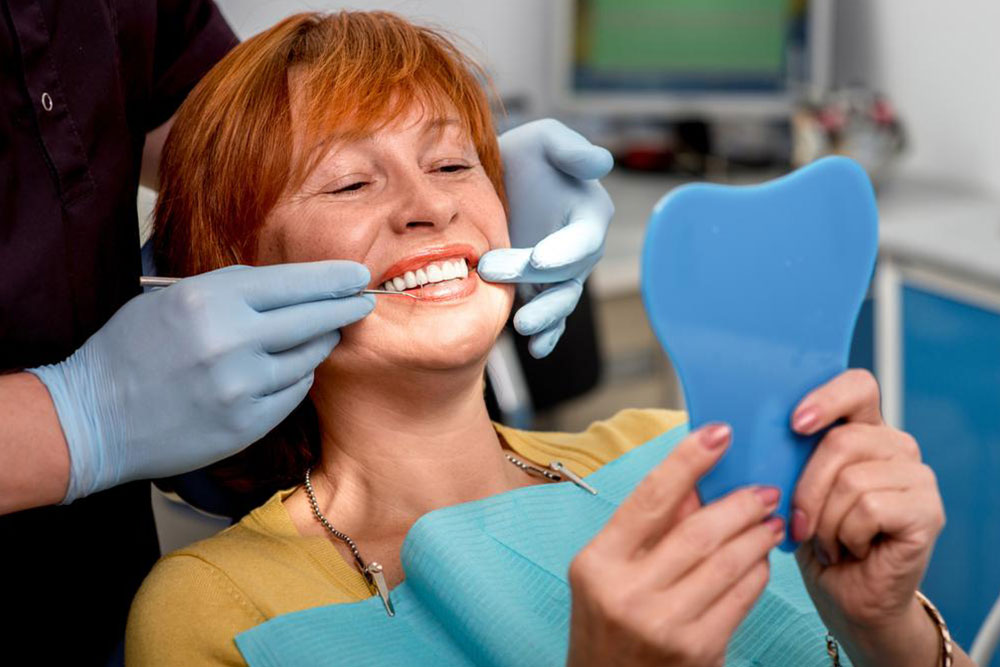Expert Guidance for Dental Implant Procedures
Learn how to choose a qualified dental implant specialist and what factors ensure a successful procedure. Proper diagnostics, sterile procedures, and durable implants are key. Our guide helps you navigate safe and effective dental restoration options for a healthy, confident smile.

Choosing a Skilled Specialist for Your Dental Implant
Maintaining oral health can be challenging, especially for individuals with cavities, chipped or misaligned teeth, or discoloration. Teeth with cavities or fractures often cause pain as bacteria invade the tissue. Replacing damaged teeth with dental implants allows for natural-looking and functional chewing.
Dental implant clinics specialize in embedding artificial roots into the jawbone to restore dental function and aesthetics. Since not all clinics offer the same quality of care, selecting a reputable clinic ensures safe and effective implant placement.
Key Considerations Before Getting a Dental Implant
Comprehensive diagnostics: While affordability is important, avoid choosing cheap options that might compromise quality. Proper assessments, including X-rays, help evaluate the level of damage or infection and determine the appropriate implant size and type, ensuring a successful procedure.
Maintaining a sterile environment: Implant procedures are invasive and close to critical areas like the brain. Ensuring a sterile setting prevents bacteria infiltration that could lead to abscesses, pain, or serious infections such as meningitis or endocarditis. Reputable clinics follow strict aseptic techniques to safeguard patient health.
Patient health assessment: Reviewing your medical history allows the clinic to anticipate potential complications and tailor post-surgical care. Identifying allergies and choosing compatible medications enhances healing and reduces risk of hypersensitivity reactions.
Choosing durable implants: The implant must be robust enough to endure biting and chewing forces. Proper fixation with secure screws prevents movement or discomfort. Select implants resistant to rust or decay to avoid future replacements, ensuring long-term stability.










